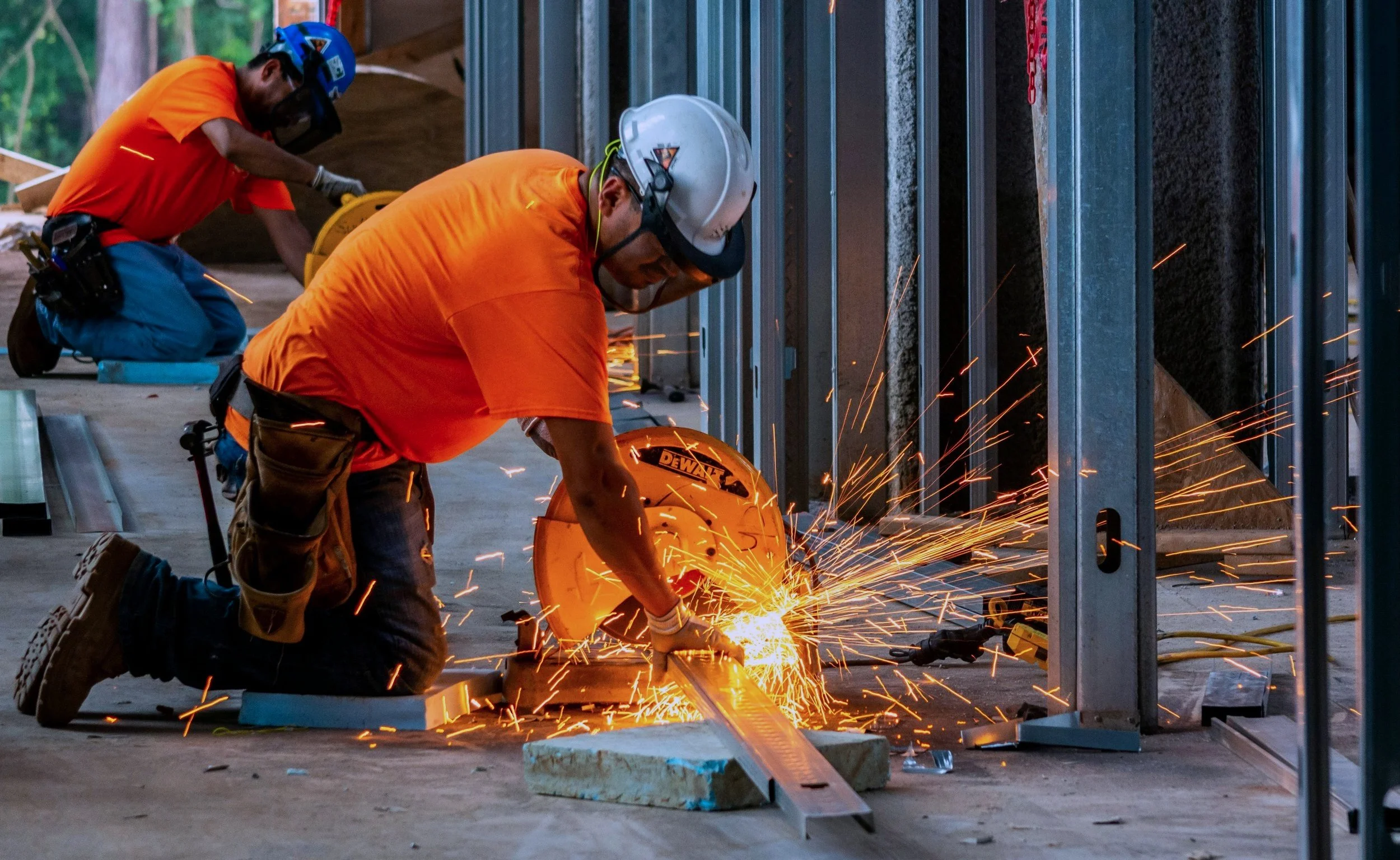6 Factors Contributing to Economic Growth and Economic Development
Economic growth and economic development are crucial aspects of the economy, and they play essential roles in a nation’s economy. Economic growth and economic development may seem the same, but they are different. Economic growth is the increase in the production capacity of an economy within a specific period. In contrast, economic development is a sustained improvement in the material well-being of societies. The concept of economic development is broader than that of economic growth. It involves changes in resource supplies, the rate of capital formation, population size, technology, skills, and efficiency, and institutional and organizational set-up.
Economic growth and economic development are highly complex concepts influenced by numerous factors, from financial to political, social, and cultural factors. If you think capital is the only requirement for economic growth and economic development, well. In that case, I am sorry to tell you that is WRONG. Capital is necessary for economic growth and development, but it is insufficient.
6 key factors that contribute to economic growth and economic development
Natural Resources
Both economic growth and economic development are affected by the quantity, quality, and availability of natural resources. Relevant natural resources like land, minerals and oil resources, water, etc., play a role in a nation’s economy.
Natural resources can help economic growth and development by providing jobs and increasing wealth through sales. Discovering more natural resources like oil and minerals may boost economic growth, increasing a country’s production.
A country needs to have even the least of natural resources to have hope for economic development. However, you need to know that the availability of resources does not necessarily result in economic growth, just like in some developing countries that are rich in natural resources but still remain poor. Countries like this remain poor because resources are yet to be fully utilized for productive purposes. The effectiveness of a nation at using and exploiting its natural resources depends on the skills of the labor force, technology, and the availability of capital. You should also know that the value of natural resources depends on the international interest in the resources.
Although natural resources are very beneficial, they are limited and can eventually run out. Therefore, they can boost countries’ economic development, but they can’t depend on them to maintain the future of their economy. But with recent advancements in technology, supplies of natural resources can be increased through discoveries within a country or the transformation of useless materials into beneficial ones. It should also be noted that the scarcity of some natural resources can be overcome with synthetics substitute.
Population or Labor Force
The number of skilled labor available within a country also plays an essential role in economic growth and economic development. A growing population and available labor force increase output by increasing the number of workers necessary for productivity. The increase in population also leads to a rise in demand for goods. Therefore, a growing population means an increasing market for goods, facilitating economic growth.
However, you need to note that a growing population or labor force alone does not guarantee economic growth but can instead result in unemployment. Labor needs to be combined with capital to produce goods and services. Therefore, for an increase in the labor force to contribute to economic growth, the cooperating factor capital must also increase.
Capital Accumulation
Capital accumulation, financial profits, and investments acquired by a country can influence its ability to pay wages and hire labor. Just as stated above labor force without capital will only result in unemployment. The more capital a country has, the more employment it can provide.
Economic growth needs increasing supplies of capital goods. An increase in supplies of capital goods can only happen with a higher rate of investment, and a higher rate of investment is only possible with profits and savings.
Human Resources and Education or Human Capital
Investing in human resources can improve the quality of the labor force. Education, skills, and training of the labor force directly impact the growth and development of an economy.
A skilled, educated, well-trained workforce will definitely be more productive. It will generate more valuable outputs that positively affect the economy. A capable labor force will significantly affect growth and development since skilled workers are more effective.
The lack of skilled labor can negatively impact economic growth and economic development. A workforce that is under-utilized, uneducated, untrained, or unskilled will become a drag on the economy and probably result in more unemployment. Suppose a country does not have a well-trained, skilled, and well-utilized labor force. In that case, economic growth and development will be challenging.
In the past, economists considered physical capital the most critical factor for economic growth and recommended that developing countries increase their physical capital formation to boost economic growth and raise people’s standards of living (Economic development). However, recent economic research has shown that education is crucial for economic development.
Education, which is the development of human skills and knowledge of the labor force, is crucial for economic growth and development. Investment in quantitative and qualitative education will impact the labor force, which holds the key to economic development. Education is also called human capital because of its significant contribution to economic development.
Education is like an investment, and just like an investment in physical capital, it increases the productivity of labor, therefore, contributing to the growth of national income. Some economists also believe that education is crucial not only because it improves productivity and increases individual earnings but also creates beneficial external effects.
Physical Capital or Infrastructure
Physical capital or infrastructures are also essential for economic growth and economic development as they help lower the cost of economic activity. Examples of physical capital and infrastructures are factories, machinery, roadways, etc.
Improvements and investments in physical capital by a country will reduce costs and increase the efficiency of economic output. With improved physical capital, there will be an increase in productivity which will lead to increased output. When a country lacks essential physical capital that will aid productivity, economic growth will be negatively affected and, in the long run, economic development too.
Technology
Technology has a significant impact on economic growth and development. With more discoveries, managers find ways to apply these innovations to more sophisticated production strategies.
Technological advancement, which is the discovery of new and better ways of making things or an improvement of the old ways, brings about a significant increase in per capita output. The use of technology means that the same amount of labor will be more productive, and economic growth will advance at a lower cost.
Technology impacts economic growth and development in various ways, one of them being increased available supplies of natural resources. But more importantly, technological improvement increases productivity or effectiveness with which natural resources, capital, and labor are used and applied for goods production.
Another way technological advancement increases the labor force’s productivity is through the provision of better machines, better methods, and advanced skills. By bringing about an increase in the productivity of resources, technology makes it possible to produce more output with the same resources.
Countries with advanced technological resources play an active role in the global economy. In contrast, countries with little technical resources lag behind either because they don’t have the technology or the ability to use it.
Recognizing these factors contributing to economic growth and development will help a country have a higher growth rate and improved standard of living. All these factors go hand in hand, and none can exist alone as they are all essential to a nation’s economy.



